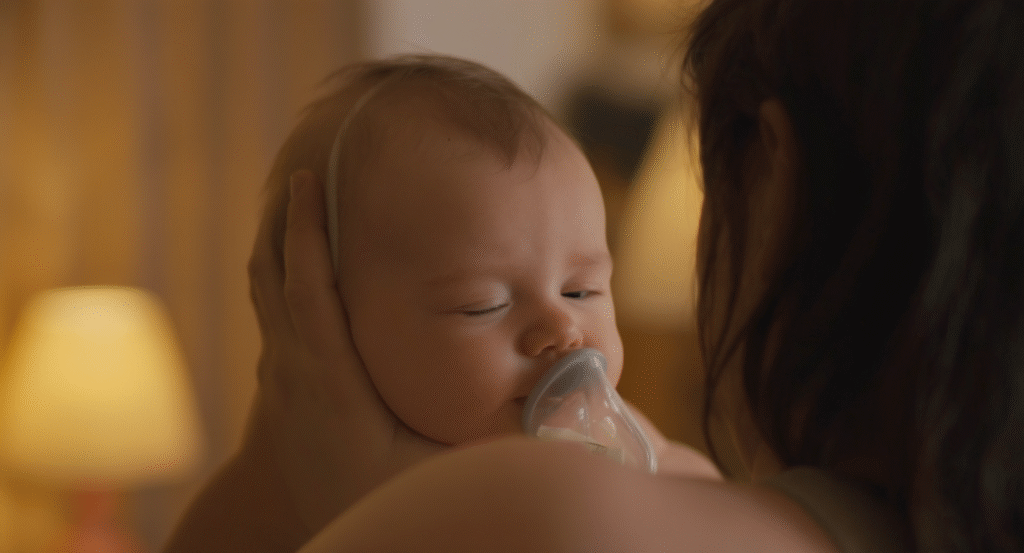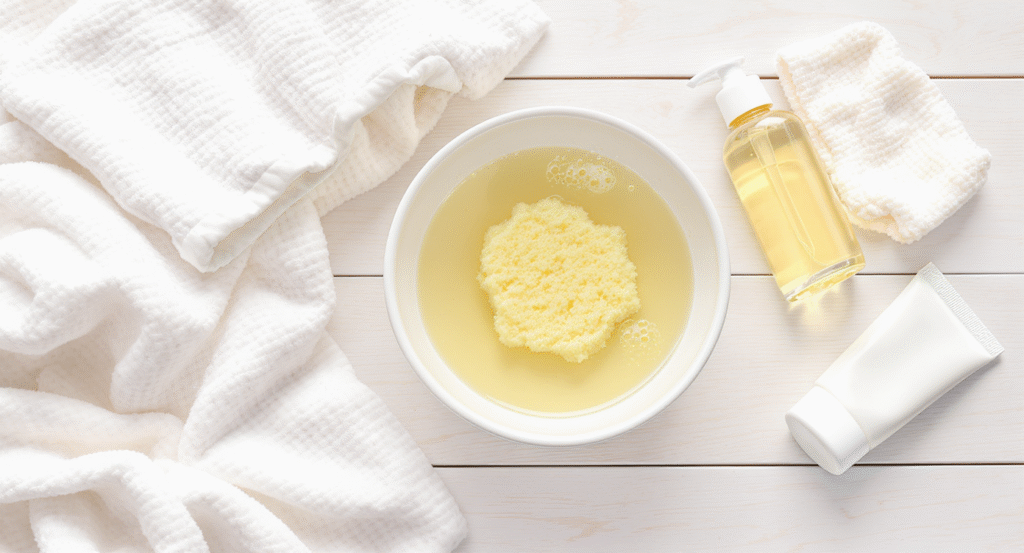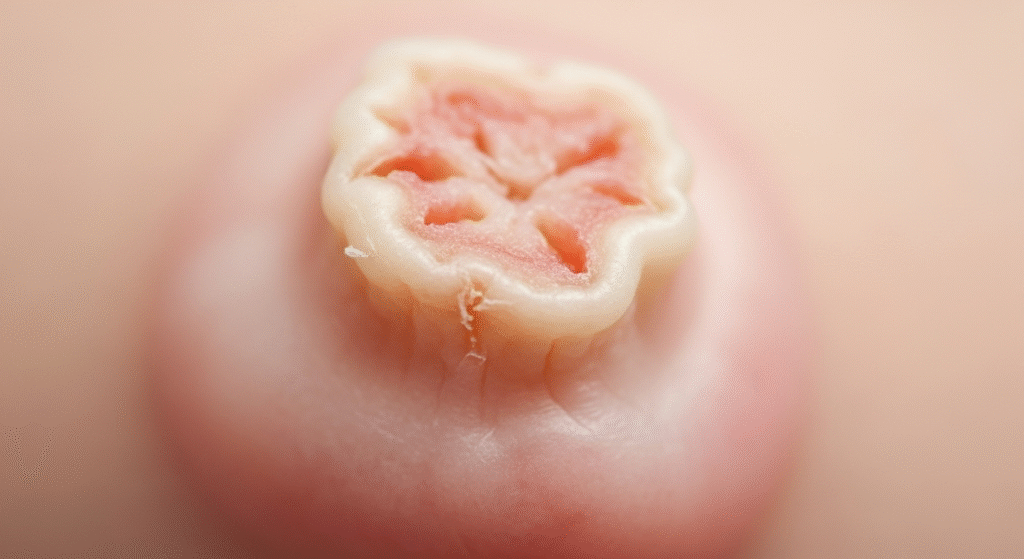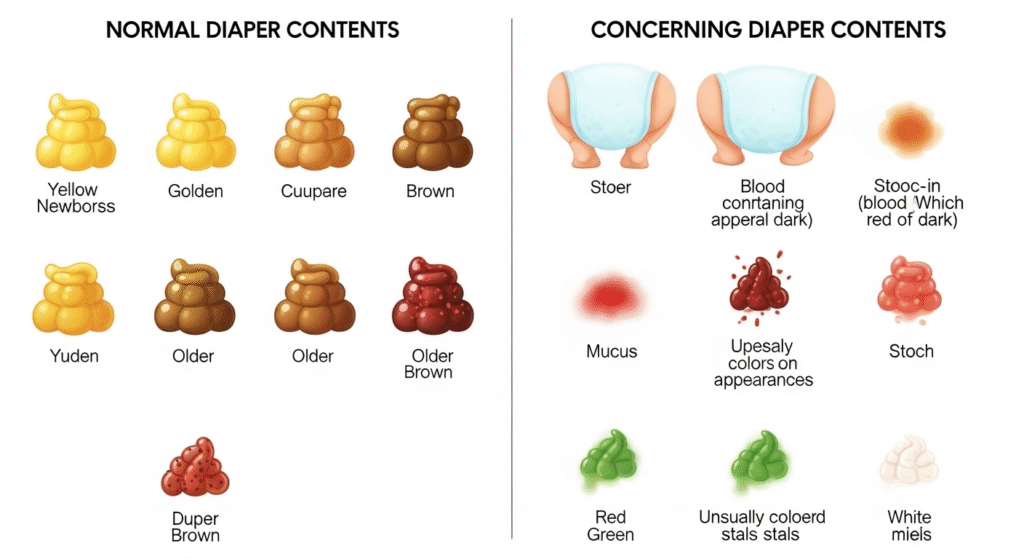
Complete Newborn Baby Care Guide: Essential Tips for New Parents
Bringing your newborn home is one of life’s most joyful moments, but it can also feel overwhelming. As a new parent, you probably have countless questions racing through your mind: How often should I feed my baby? When can I give them their first bath? What’s normal when it comes to diaper changes?

Don’t worry – you’re not alone in having these concerns. This comprehensive guide will walk you through everything you need to know about newborn care, from feeding schedules to understanding your baby’s daily patterns. By the end of this article, you’ll feel more confident and prepared to care for your little one.
The Foundation: Breastfeeding Your Newborn
Why Breast Milk is Liquid Gold
Breast milk is often called “liquid gold” for good reason. It provides complete nutrition for your baby’s first six months of life, containing all the essential nutrients, calories, and antibodies your little one needs. Unlike formula or animal milk, breast milk adapts to your baby’s changing needs and provides natural protection against infections.

How Often Should You Feed?
Feeding Schedule:
- Feed every 2-3 hours
- Aim for 8-12 feedings in 24 hours
- Newborns typically wake up every 2-3 hours when hungry
What if your baby sleeps longer than 3 hours? During the first 1-2 weeks, if your baby hasn’t woken up to feed after 3 hours, gently wake them by stroking their cheek or changing their diaper. This helps establish a good feeding routine.
Night Feeding Guidelines
Night feeding is completely normal and expected. Most newborns need 2-3 feeds during the night. Don’t be surprised if your baby seems more active at night and sleeps more during the day – this is a natural pattern that will gradually adjust.
Boosting Milk Production Naturally
Many mothers worry about having enough milk supply. Remember, milk production works on a supply-and-demand basis – the more your baby nurses, the more milk your body produces.
Natural ways to support milk production:
- Ensure adequate rest and sleep
- Stay well-hydrated (2 liters of water daily + 200ml per feeding)
- Eat nutritious foods with 500 extra calories daily
- Try natural galactagogues like sesame laddu, coconut water, and gond laddu

The Art of Burping: Why It Matters
Proper Burping Technique
After each feeding, burping is crucial to release trapped air that can cause discomfort. Here’s how to do it safely:
Key Points:
- Keep baby’s head slightly elevated above their body
- Use a cupped hand, not a flat palm
- Burp for 5-10 minutes after each feeding
- Place a small towel under baby’s chin to catch any spit-up
For gassy babies: Take a break mid-feeding to burp, then burp for up to 15 minutes after feeding.

Understanding Colostrum: Your Baby’s First Superfood
The thick, yellowish milk produced in the first 3-5 days after birth is called colostrum. Though small in quantity, it’s packed with:
- Antibodies for immunity
- Immune factors
- Vitamin A
- High-quality protein
- Concentrated calories
Never skip giving colostrum to your baby – it’s their first and most important vaccination!
Baby’s First Bath: When and How
The 24-Hour Rule
Don’t bathe your newborn in the first 24 hours after birth. This helps prevent:
- Low blood sugar (hypoglycemia)
- Hypothermia
- Unnecessary stress
Before the Umbilical Cord Falls Off
Until the umbilical cord stump falls off (usually 1-2 weeks), give sponge baths instead of full baths.
Sponge Bath Steps:
- Use a damp cloth with lukewarm water
- Clean all body parts, paying attention to hidden areas
- Focus on under-arm areas, neck folds, and diaper area
- Keep the umbilical area dry

After the Cord Falls Off
Once the umbilical cord has fallen off naturally:
- Use lukewarm water
- Limit bath time to 10 minutes
- Use gentle baby soap or baby wash (not regular soap)
- Apply moisturizer or coconut oil after bathing
Umbilical Cord Care: Keep It Simple
What NOT to Do
- Don’t apply turmeric, kajal, or other traditional remedies
- Don’t use any powders or ointments unnecessarily
- Let it air dry naturally
When to Worry
Contact your doctor if you notice:
- Redness or swelling around the cord
- Pus or liquid discharge
- Foul smell
- Bleeding more than a few drops

Diaper Duty: Understanding Normal Patterns
First Bowel Movements
Days 1-2: Expect black, tar-like stools called meconium – this is completely normal.
After Day 3: Stools become:
- Golden yellow, green, or brown
- Soft or liquid consistency (especially for breastfed babies)
- More formed for formula-fed babies
Normal Stool Frequency
Newborns can have:
- 6-8 bowel movements per day (normal)
- No bowel movement for 3-5 days (also normal if not hard)
Green stools are usually normal in babies under 6 months, especially if there’s no fever or watery consistency.
When to Call the Doctor
Contact your pediatrician if you see:
- Blood in the stool
- Completely white or clay-colored stools
- Signs of dehydration
Urine Patterns: What’s Normal?
Frequency and Appearance
Normal patterns:
- 6-8 wet diapers per day
- Clear, colorless urine
- First urination within 24-48 hours of birth
Yellow urine may indicate:
- Dehydration (increase feeding frequency)
- Jaundice (consult your doctor)

Choosing the Right Diaper
Cotton Cloth vs. Disposable
Cotton cloth diapers are recommended because:
- Better air circulation
- Immediate awareness when wet
- Cost-effective
- Environmentally friendly
- Reduced risk of diaper rash
When to use disposables:
- Night time for uninterrupted sleep
- Outdoor activities
- Travel situations
FAQ Section
1. How do I know if my baby is getting enough milk?
Signs of adequate feeding:
- 6-8 wet diapers per day
- Regular weight gain
- Baby seems content after feeding
- Clear or light-colored urine
2. Is it normal for my baby to sleep all day and be awake at night?
Yes, this is completely normal for newborns. Their circadian rhythms are still developing, and many babies have their days and nights mixed up initially. This pattern typically improves by 3-4 months.
3. When should I start tummy time?
You can start tummy time as soon as you come home from the hospital. Begin with 2-3 minutes at a time, several times a day, while baby is awake and supervised.
4. How often should I change my baby’s diaper?
Check and change diapers every 2-3 hours, or immediately after bowel movements. Newborns typically need 8-12 diaper changes per day.
5. What temperature should the room be for my newborn?
Keep the room temperature between 68-72°F (20-22°C). Dress your baby in one more layer than you would wear, and check their chest or back of neck to ensure they’re not too hot or cold.
Conclusion: You’ve Got This!
Caring for a newborn can feel overwhelming, but remember that parenting is a learning process. Trust your instincts, follow these guidelines, and don’t hesitate to reach out to your pediatrician with questions or concerns.
The most important thing is to stay calm, be patient with yourself, and enjoy these precious early moments with your baby. Every parent learns as they go, and you’re already doing a great job by seeking out information to give your little one the best care possible.
Ready to learn more about newborn care? Subscribe to our newsletter for weekly tips and updates, and don’t forget to bookmark this guide for easy reference during those late-night moments when you need quick answers!




